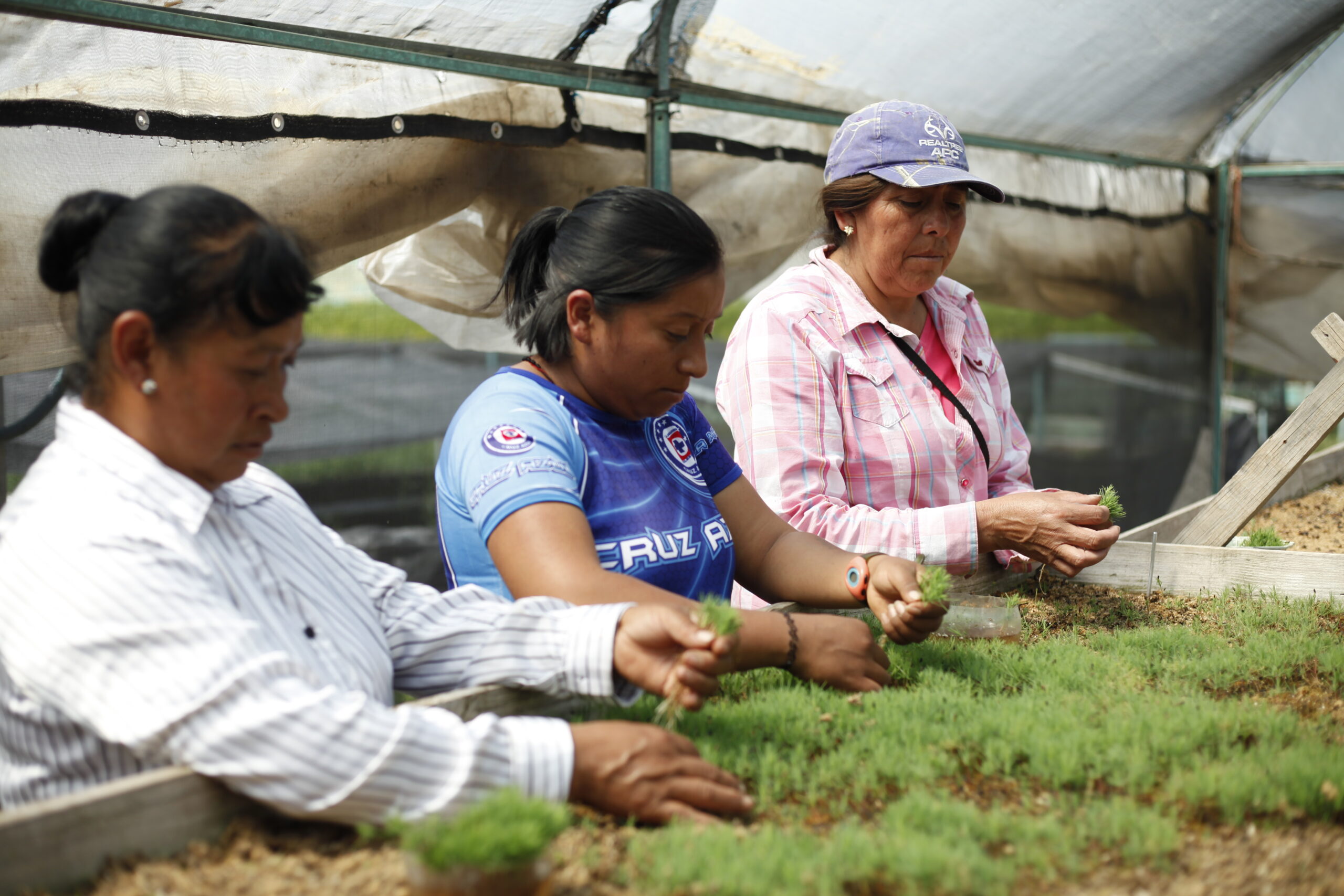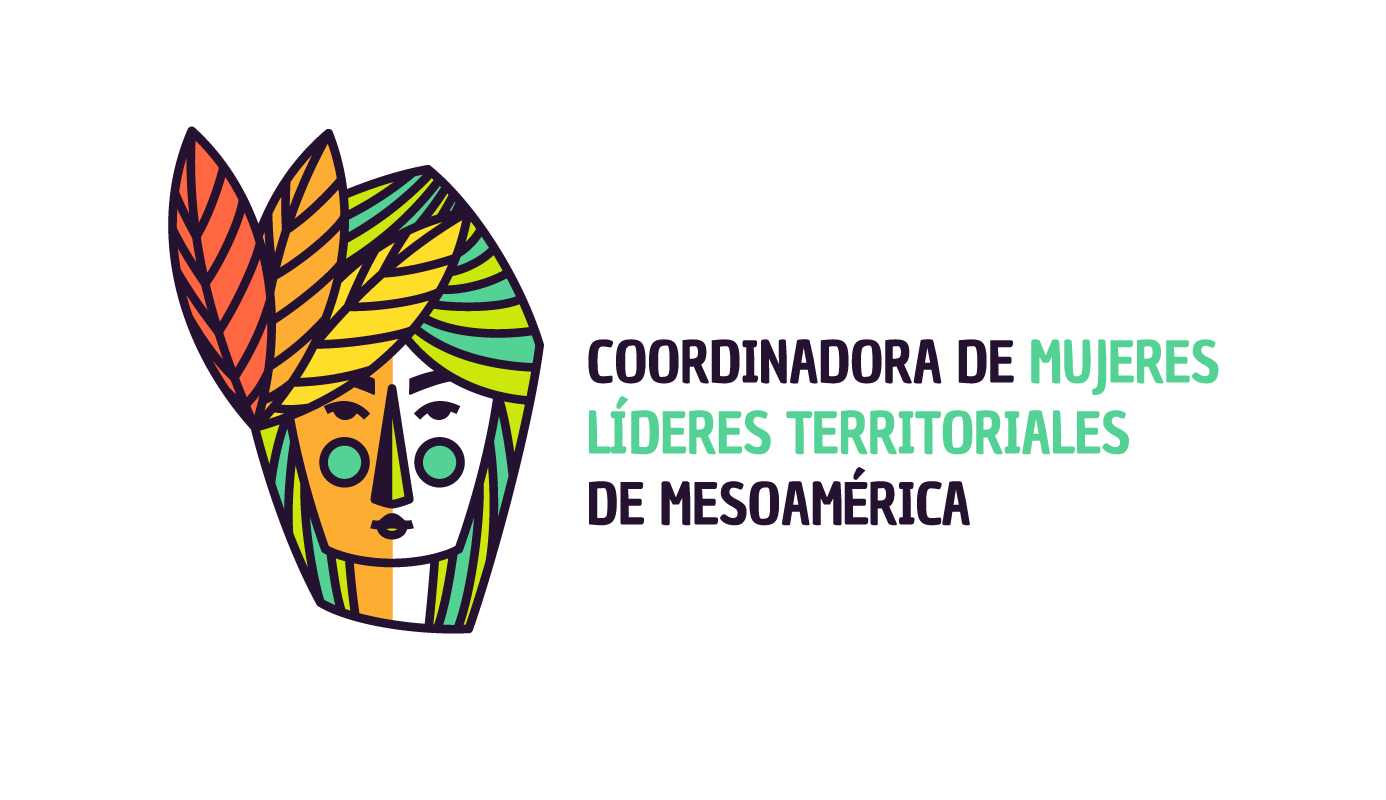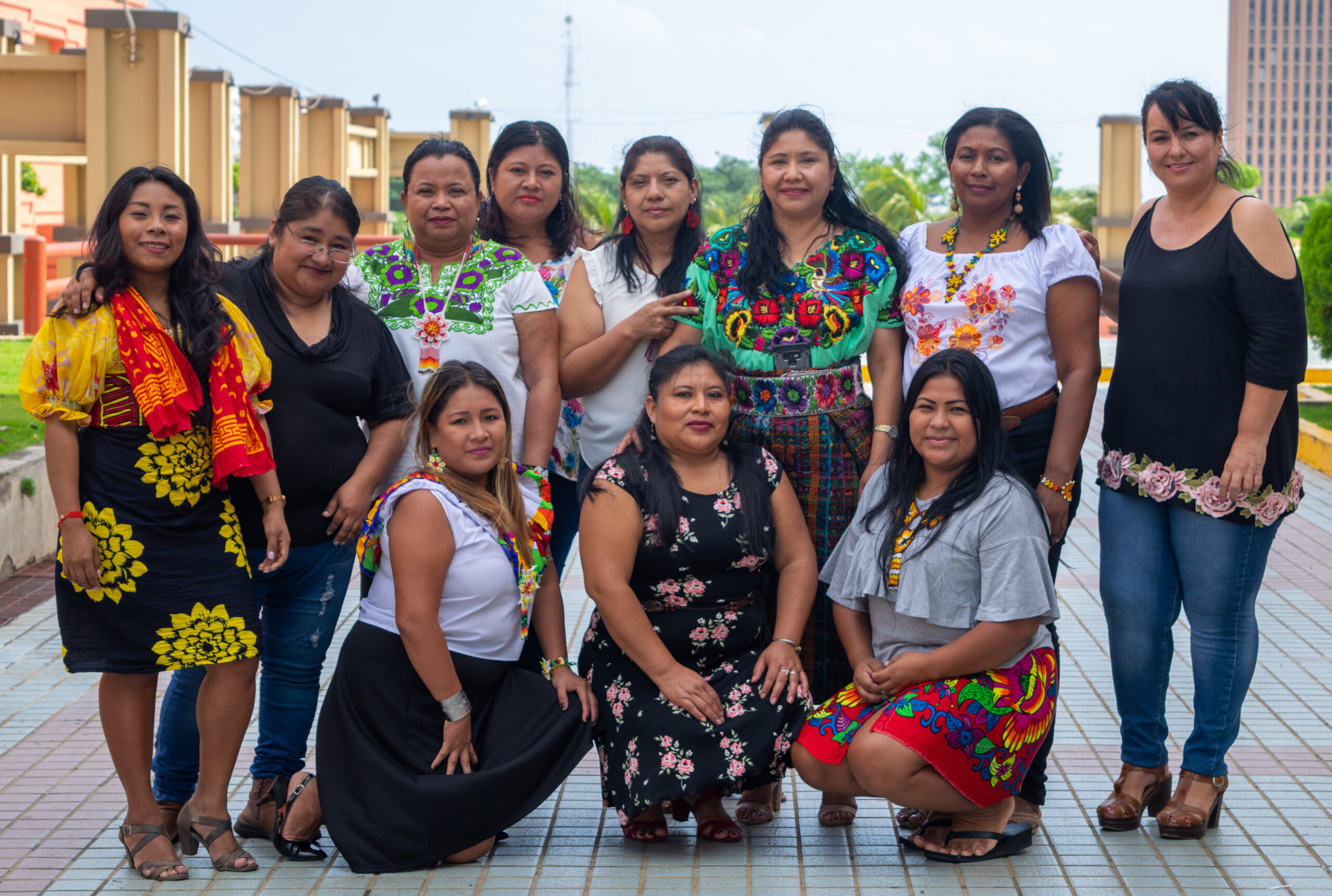
If Not Us Then Who. México.
Coordinator of Territorial Women Leaders of Mesoamerica
The Coordinator of Territorial Women Leaders of Mesoamerica was born from the process of training local leadership within the framework of the territorial agenda promoted by the AMPB. The creation of this structure of women is given in order to project and dialogue in the most relevant advocacy spaces of the environmental political agenda on the threats, challenges and challenges that indigenous and community women face for the defense of territory, resources nature, the forest and culture, as well as to propose solutions for the inclusion of women in environmental policies related to their territorial rights.
The Coordinator has a presence in Mexico, Guatemala, Honduras, Nicaragua, Costa Rica and Panama.
In the Mesoamerican region there are indigenous peoples and forest communities that, by law or tradition, occupy a specific territory. Each territory builds systems of its own government, we call these structures territorial governments, which can be indigenous or communal. In these local structures, we participate women leaders who are democratically elected from time to time by the community through our government systems.

“Las mujeres tenemos un rol fundamental en los procesos de conservación de bosques y en la exigencia de derechos territoriales. Somos nosotras quienes mantenemos los conocimientos tradicionales, mantenemos la identidad. Somos las transmisoras de estos conocimientos a las nuevas generaciones.”
– Sara Omi, Presidenta Coordinadora de Mujeres Líderes Territoriales de Mesoamérica

AMPB. First CWTLM coordination meeting – Managua, Nicaragua.
Work themes:
- Participation of women in political spaces related to their territories.
- Capacity building (technical, political, business).
- Impact on public policy related to megaprojects, REDD +, FLEGT, climate change, safeguards, justice, equity, forest incentives.
- Defense of the territory (water, biodiversity, land, forest).
- Preservation of cultural identity.
- Implementation of the Mesoamerican Fund for Strengthening the Business Capacities of Indigenous Women and Community-Based Organizations (FOMUJER).
One of the central elements of this space is to consolidate the leadership of indigenous and community women to confront exclusion and achieve greater participation in the decision-making structures of the communities and grassroots organizations.
There are also leaderships based on the contribution of women to territorial dynamics, through business activities and activities related to production and culture. The challenges for women’s political participation are widely known, the pressures on indigenous and forest communities are becoming stronger due to environmental factors, land invasions, drug-dealing, little access to capacity building and lack of financing. for your local businesses.
Forms of organization
Women, to face exclusion, have chosen to organize ourselves to achieve participation. These forms of organization are aimed at rescuing culture through the elaboration of handicrafts, traditional foods, collection of forest products, the promotion of the mother tongue, traditional dances, rural community tourism, the elaboration of traditional clothes and the cultivation of traditional seeds.
Carrying out these activities gives us some financial and political freedom, which reduces the disadvantages of being a woman, poor and indigenous in territories affected by climate change. These business and organizational activities have made us key territorial actors due to our relevant contribution to territorial dynamics. This is why it is necessary to think about forms of participation that lead us to get involved in local structures, which allow us to influence the territorial governance process in favor of women.
In Guatemala, there are organizations of women who collect seeds from Ramón, Xate, producers of basic grains and handicrafts; in Costa Rica, women cocoa and banana producers; in Panama, women producers of traditional clothing and handicrafts; in Nicaragua and Honduras women producers of honey, natural oils, corn; and in Mexico women producers of organic coffee, cinnamon and spices, as well as other products on a smaller scale.

